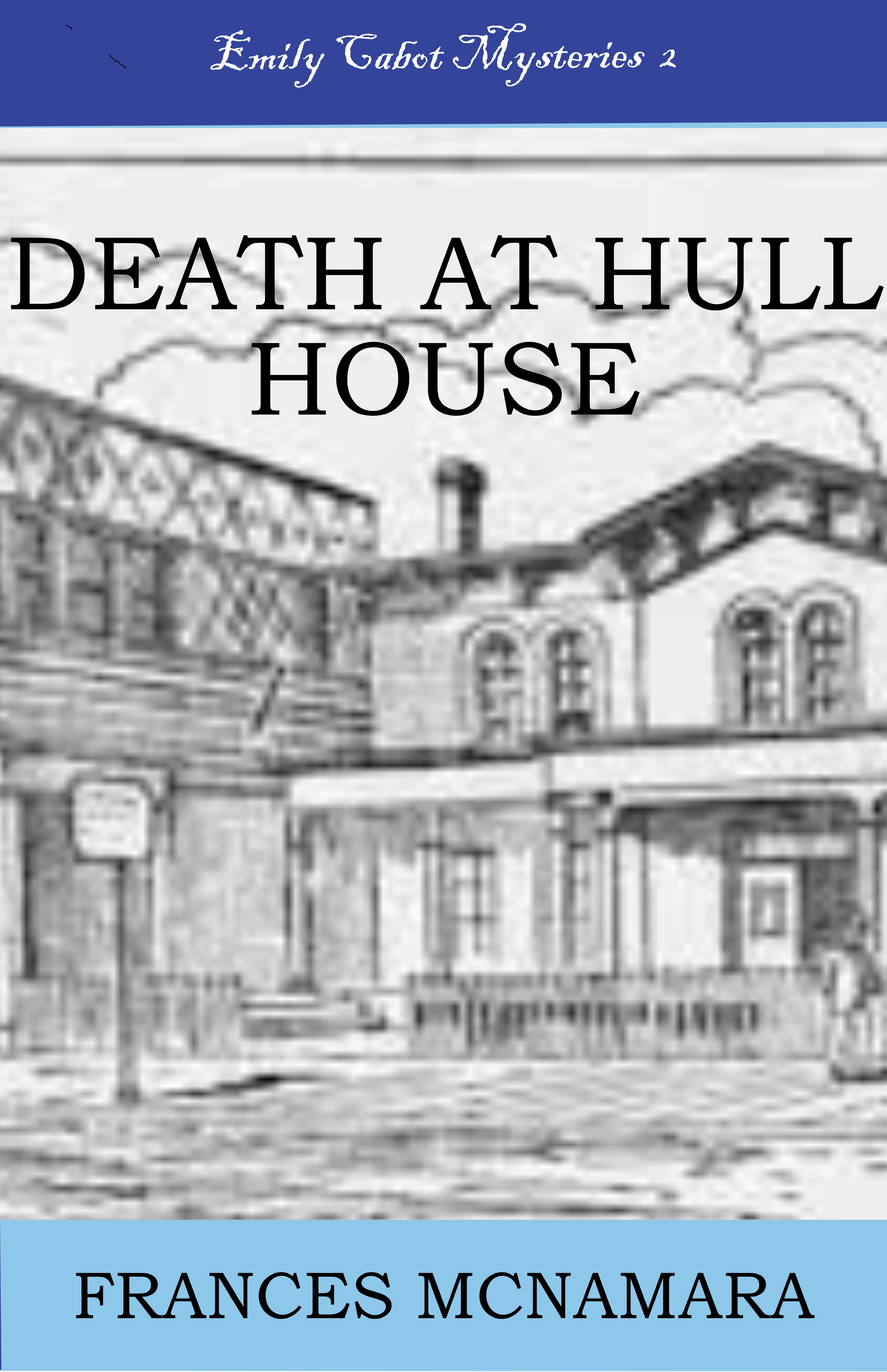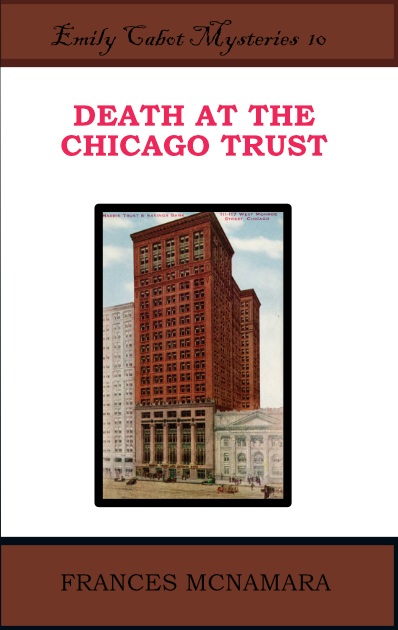Death at Hull House: Emily Cabot Mysteries Book 2

It’s Chicago in 1893 and Emily Cabot, an aspiring sociologist, finds work at Hull House, the famous settlement established by Jane Addams. There she quickly becomes involved in the political and social problems of the immigrant community. But when a man who works for a sweatshop owner is murdered in the Hull House parlor, Emily must determine whether one of her colleagues is responsible, or whether the real reason for the murder is revenge for a past tragedy in her own family. As a smallpox epidemic spreads through the impoverished West Side of Chicago, the very existence of the settlement is threatened and Emily finds herself in jeopardy from both the deadly disease and a killer. This is the exciting sequel to Death at the Fair.
Praise for Death at Hull House
"Details concerning the operation and the people of Hull House,along with an overview of the deplorable living conditions faced by immigrants(and the lack of concern for the poor expressed by the city's businessmen andpoliticians) give this novel a rich historical framework, made all the morepoignant by the portrayal of the smallpox epidemic of 1893." --Booklist
"This fast-paced, enjoyable historical mystery does an excellentjob plunging readers into the hubbub of activities at Hull House and the chaosresulting from the spread of smallpox. There's a lot going on at once, but themany plot threads are laid out cleanly...Readers should come away from Death at Hull House with newfound respect for the womensocial reformers of the late 19th century, and the difficulties they facedcreating a bridge between the two halves of Chicago society." --readingthepast.blogspot.com
"This is a first-rate historicalmystery and a fascinating look at life in turn-of-the-century Chicago. McNamaradoes an excellent job depicting and incorporating into the story theimmigrants' struggle to make a living amid wretched working and living conditions,the political corruption of the time, the work of social reformers like JaneAddams and Florence Kelley, and the early days of the University of Chicago." -Historical Novel Society
In the late nineteenth century, after Emily Cabot is expelled from the University of Chicago for actions occurring while clearing a man unjustly accused of murder, she obtains a position at Hull House, assisting Jane Addams in the operation of the famous settlement house for immigrants on the West Side of Chicago. Soon after she moves in, a man who had come to see her is found bludgeoned to death. Concerned that her younger brother may be involved, Emily launches her own investigation. Meanwhile, her brother, convinced that the man who murdered their father has fled to Chicago, does some sleuthing of his own. Details concerning the operation and the people of Hull House, along with an overview of the deplorable living conditions faced by immigrants (and the lack of concern for the poor expressed by the city’s businessmen and politicians), give this novel a rich historical framework, made all the more poignant by the portrayal of the smallpox epidemic of 1893. McNamara’s historical mystery will appeal to those who enjoyed Ann Stamos’ Bitter Tide (2009), about the immigrant experience in New York City. --Sue O'Brien --Booklist
.png)








